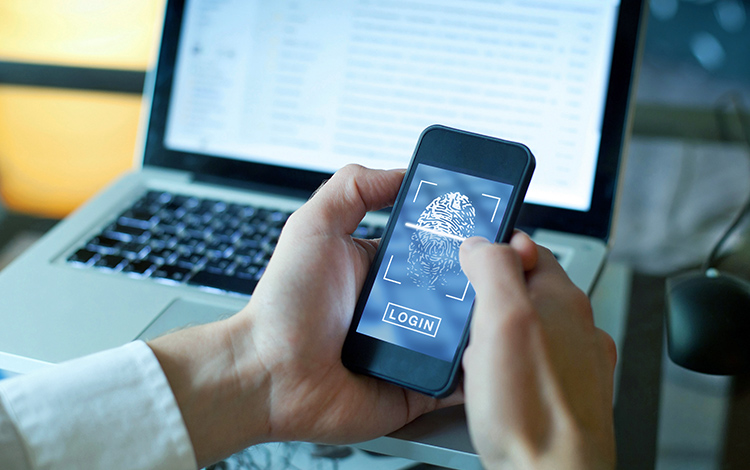Biometrics is big business in the UK. From fingerprints and faces to voices and signatures, individuals and companies alike are looking for more secure alternatives to passwords for accessing their devices and data.
In fact, 79% of smartphone owners now use the fingerprint scanner on their device – with 96% of them using it to unlock their phone. Facial recognition is also expected to move into the mainstream in 2018 as it is standardised in smartphones.
Why are users opting for these new lines of defence? Because they offer another layer of security in a world where cyber-crime is on the rise, and because they are easy to use – unlike passwords, which must be complex (and therefore are easy to forget) to be effective.


